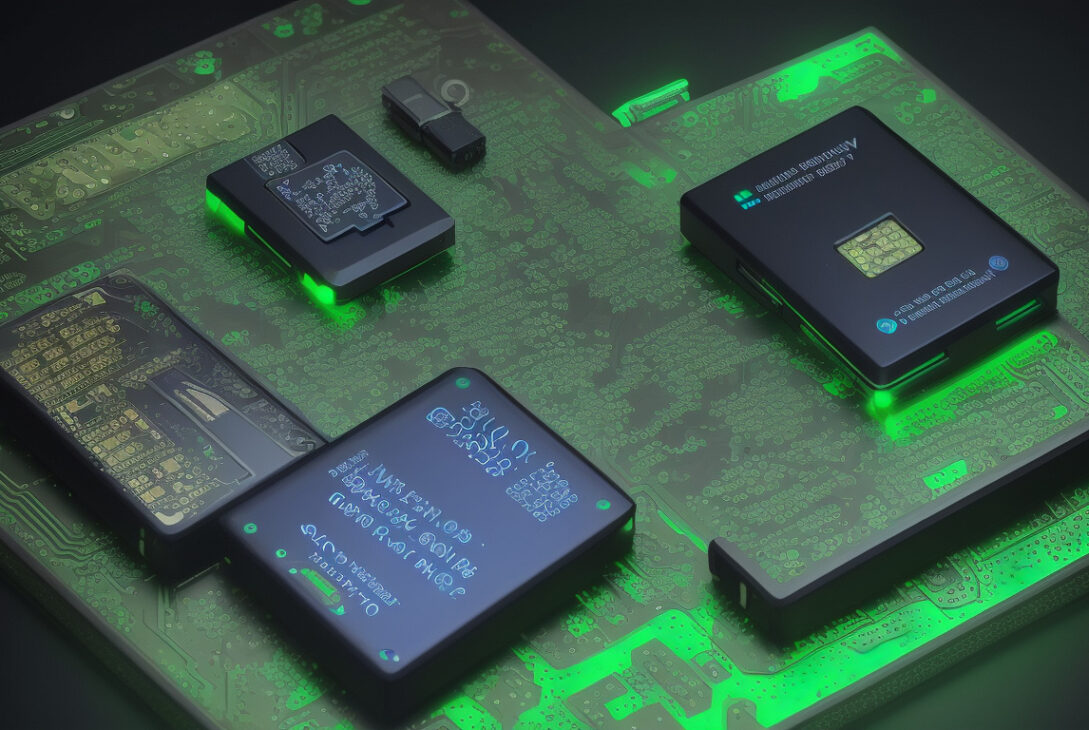In cryptocurrency, the market evolves fast, and digital assets need strong security. Investors and enthusiasts value safety. A hardware wallet serves as a shield. It holds private keys offline and guards them against online threats like hacking and phishing. This article gives hardware wallet security tips so you can protect your assets.
What Is a Hardware Wallet and Why Is It Important?
A hardware wallet is a device—a physical key keeper. It stores cryptocurrency private keys offline. Unlike software or web wallets, it sits away from the internet. This close storage strategy cuts risk.
Private keys drive access and control. If keys are lost or misused, your crypto is at risk. Thus, a hardware wallet is vital for guarding investments.
Best Practices for Hardware Wallet Security
Buying the device is only the first step. You must use solid habits when setting up, using, and caring for it. Here are key tips to secure your hardware wallet:
1. Purchase Only from Authorized Vendors
Buy from an official retailer or directly on the manufacturer’s website. This action confirms the device has not been altered. Third-party sources might offer fake products. Risk is high if you stray from trusted sellers.
2. Set Up Your Wallet in a Secure Environment
Initialize your wallet in a private, safe space. Use a network you trust. Do not use public Wi-Fi. Disconnect your computer from the internet during setup. Each step keeps your recovery seed and PIN safe from prying eyes.
3. Safeguard Your Recovery Seed
Your recovery seed is a series of words (12, 18, or 24) that restore access. Write these words on a physical medium. Use metal plates or fireproof paper, not digital files. Store them in a safe or lockbox. Share no part of your seed with anyone or any untrusted software.
4. Use a Strong PIN and Enable Passphrase Protection
Set a hard-to-guess PIN on your hardware wallet. Avoid common codes like “1234” or familiar dates. Add a passphrase if the wallet offers it. This extra word hides your wallet further.
5. Keep Firmware Updated
Firmware updates fix bugs and block vulnerabilities. Regular updates keep your device strong. Download updates only from the official website. Never install firmware from an unknown source.
6. Beware of Phishing and Social Engineering Attacks
Even a secure wallet can be tricked. Do not trust suspicious emails or links. Verify any message from the wallet’s maker. Never give out private keys, your PIN, or your recovery seed.

7. Store Multiple Backups Securely
Keep extra copies of your recovery seed. Place backups in different, safe locations. In this way, theft, disaster, or accident will not make your crypto vanish.
8. Never Use a Hardware Wallet on Untrusted Computers
Do not plug your wallet into public or unknown computers. Malicious software may steal or alter transaction data. Use your trusted, private computer to lower risk.
Hardware Wallet Security Checklist
Below is a checklist to secure your hardware wallet:
- [ ] Purchase from official sources
- [ ] Set up your device offline in a private space
- [ ] Write down and secure your recovery seed
- [ ] Use a strong PIN and turn on passphrase protection
- [ ] Regularly update your device’s firmware
- [ ] Stay alert to phishing and social engineering
- [ ] Keep additional seed backups safe and separate
- [ ] Connect only to your own, secure computers
Following this list creates a strong base for protecting your crypto assets.
Frequently Asked Questions (FAQs) About Hardware Wallet Security
1. How secure is a hardware wallet compared to software wallets?
A hardware wallet stores keys offline. This offline method (cold storage) makes it safer than software wallets on internet-connected devices. It cuts many risks like hacks, viruses, and malware attacks.
2. Can my hardware wallet be hacked if connected to the internet?
A hardware wallet does not use the internet directly. It communicates with your online device. Its security depends on both design and the safety of the connected device. Use a clean, secure computer to keep risks low.
3. What happens if I lose my hardware wallet?
Lost hardware does not mean lost crypto. Use your recovery seed on another compatible device to restore assets. That is why storing your seed carefully is essential.
Expert Insight: Why Hardware Wallets Are Critical for Crypto Security
Experts at the Electronic Frontier Foundation state that hardware wallets blend usability with high security. By keeping keys away from internet connections, they lower the rate of online theft and fraud. This defense is crucial in a digital world where risk is high.
Conclusion: Secure Your Cryptocurrency Assets With Confidence
Your crypto investments need robust protection. A hardware wallet is an essential tool. However, its power lies in careful use and strong practices. Set up your wallet safely, guard your recovery seed, update firmware, and stay alert to fraud.
Act now: purchase a trusted wallet, follow these guidelines, and secure your private keys. Protecting your digital wealth means you can grow your portfolio with less worry. Your future self will thank you for this wise vigilance.










